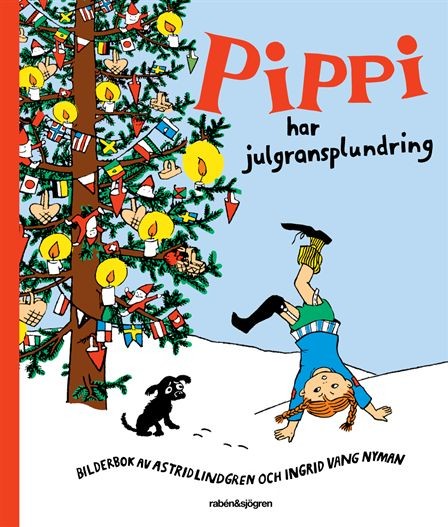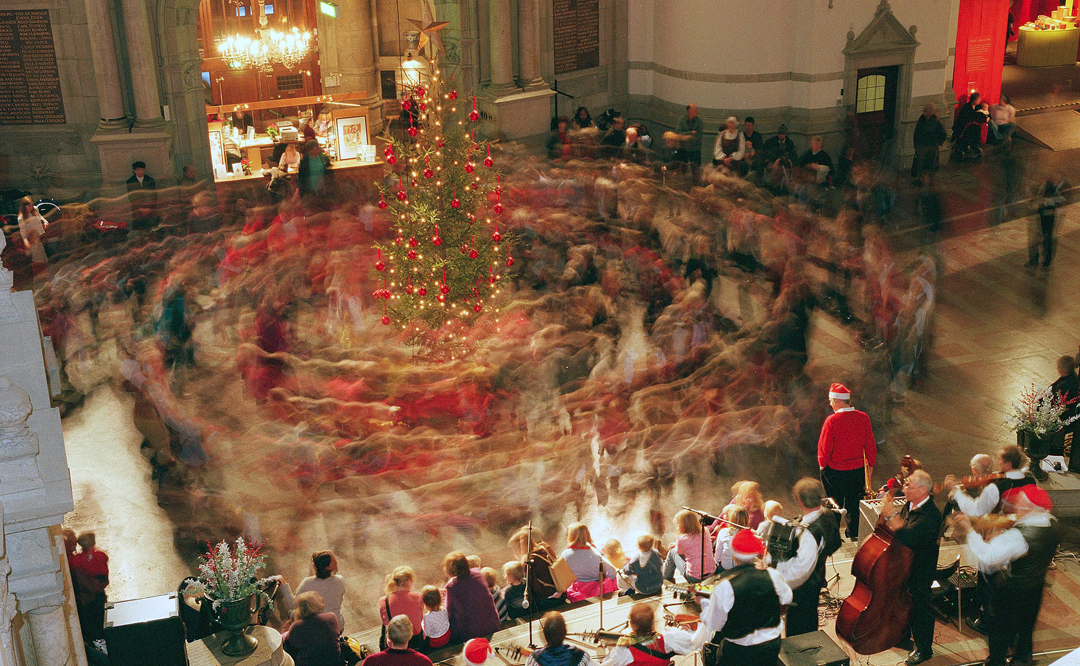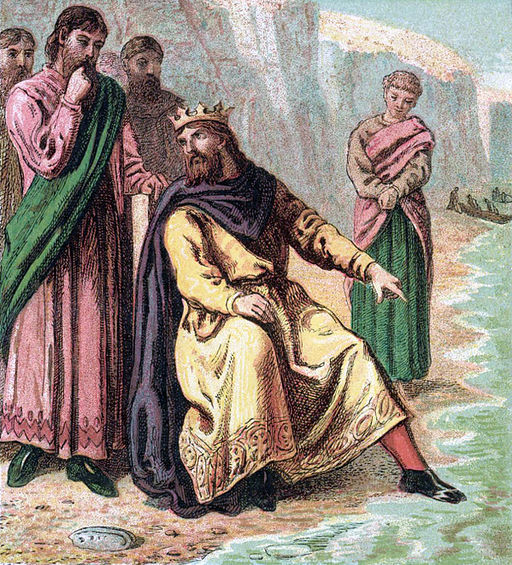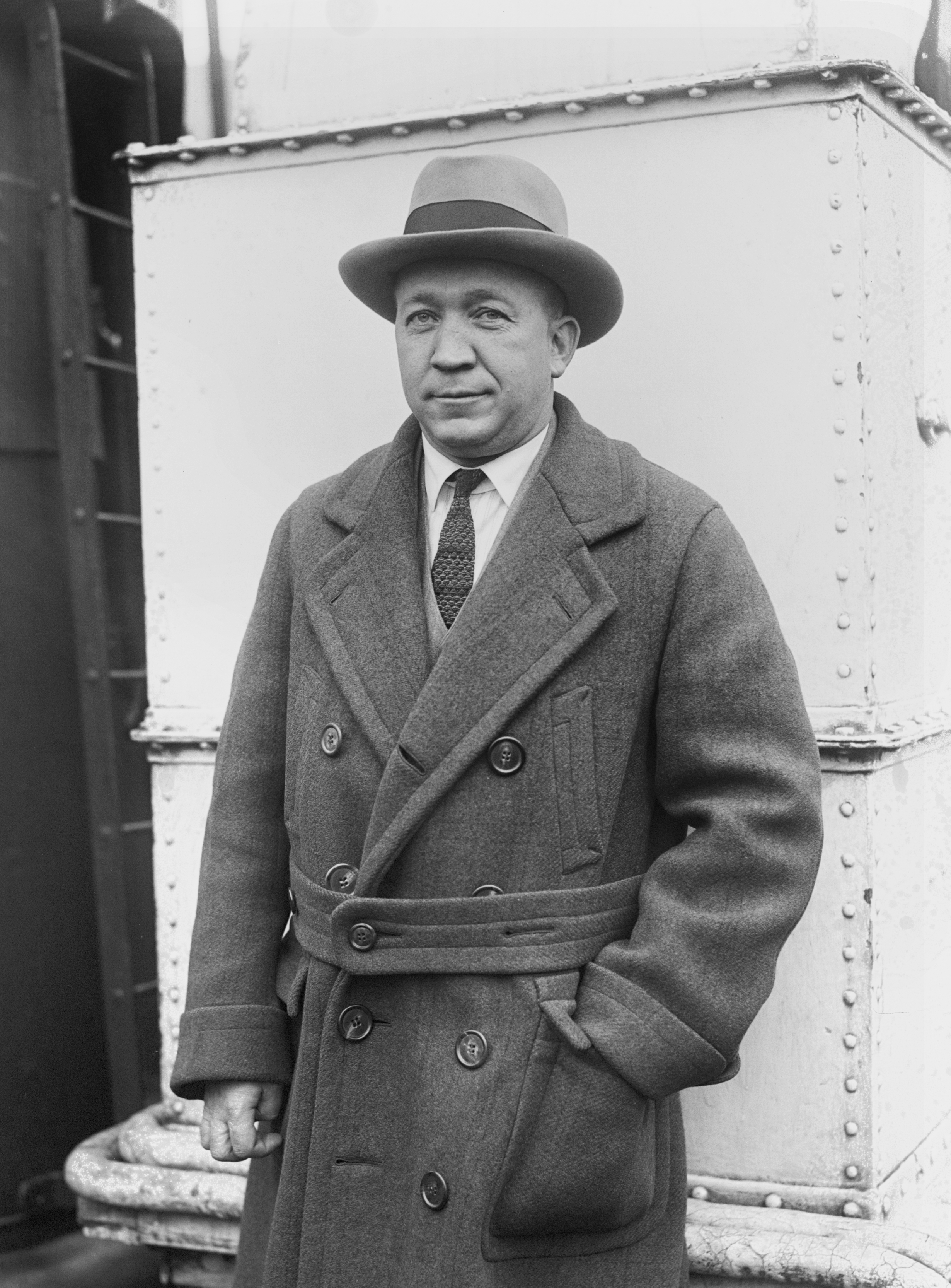What does Knut have to do with the holidays?
Epiphany, which is 12 days after Christmas on January 6, marks the end of Christmas. In Scandinavia, however, celebrations continue for another week after Epiphany. Swedes in particular stretch out the festivities for another week until January 13, which is the Swedish name day of Knut.
-
 Pippi Har Julgransplundring, also known in English as "Pippi has an after Christmas party" was re-released with restored images of the festive season and what becomes a not-so-ordinary event at Villa Villekulla.
Pippi Har Julgransplundring, also known in English as "Pippi has an after Christmas party" was re-released with restored images of the festive season and what becomes a not-so-ordinary event at Villa Villekulla. -
-
In Christian traditions, Epiphany marks the date the wise men meet Jesus. Epiphany is a Greek word meaning “to show,” referring to Jesus being revealed to the world. Epiphany, which is 12 days after Christmas on January 6, marks the end of Christmas. But in Scandinavia it is met with more celebrating. Swedes in particular stretch out the festivities for another week until January 13, which is the Swedish name day of Knut.
-
 Dancing around the Christmas tree during the Julgransplundring party at Nordiska Museet, Stockholm. Photo: Peter Segemark/Nordiska museet
Dancing around the Christmas tree during the Julgransplundring party at Nordiska Museet, Stockholm. Photo: Peter Segemark/Nordiska museet -
-
Named after Knut Lavard, a Danish prince and later king who was canonized in 1170, Knut's Day fell on January 7, coinciding with Epiphany in the Swedish calendar until the 1600s. Then Knut's Day was postponed a week to its present date on January 13 (20 days after Christmas).
-
 Canute the Great (995-1035) and his courtiers.
Canute the Great (995-1035) and his courtiers. -
Most countries where Christmas is celebrated end the celebration with Epiphany. In Sweden, however, it ends on January 13 and there are various theories about why the Christmas moved eight days forward in Sweden.
-
 A very Swedish looking knot. Image source adventuresecrets.net
A very Swedish looking knot. Image source adventuresecrets.net -
Ethnologist Bengt af Klintberg writes that every major church feast in earlier days had a so-called octave, a kind of after-party eight days later, which in this case thus became a new feast. Klint's colleague Jan-Öjvind Swahn mentions the same theory but also writes that there existed a time-honored idea in folklore that Christmas lasted 20 days. He also writes that another possibility is that one wanted to connect the days when our pagan ancestors celebrated its midvinterblot — the mid winter offerings — into Christmas celebrations. It is not known, however, when exactly the winter midvinterblot was celebrated.
-
 Knute Rockne was born in Norway and became an American football player and one of the greatest college football coaches in history at the University of Notre Dame in Indiana.
Knute Rockne was born in Norway and became an American football player and one of the greatest college football coaches in history at the University of Notre Dame in Indiana. -
The day, known for having a "julgransplundring" (literally "plunder of the Christmas tree" when the Christmas tree and decorations are thrown out), is also called "Tjugondedag Knut" (Twentieth day Knut). Derived from Old Norse knútr meaning "knot," the male name Knut is used most in Scandinavian languages and German. It was notable for being the name of several medieval kings of Denmark, including Canute the Great (995-1035) who ruled over England, Denmark and Norway.
-
According to the latest Statistiska Centralbyrån data on the name, there were 14,087 with the first name Knut in Sweden in 2024 (another 20 have the name as a last name). The old name peaked in frequency during the 1910s. In Norway, it peaked in the 1940s, and as of 2011, there were 26,771 males named Knut living in Norway. It isn’t used much by Americans. The most notable, living Knut in the U.S. is the son of singer and actress Jessica Simpson, Ace Knute Johnson (b. 2013), who has his grandfather’s name as a middle name. Other well-known Americans named Knut are no longer living: Norwegian-American football player and coach Knute Rockne (1888-1931); Knute Nelson, U.S. Congressman, senator and governor (1843- 1923); and Knute Hill (1876 -1963) U.S. Congressman from Washington.
-
-
